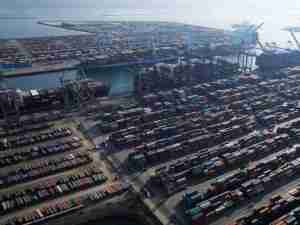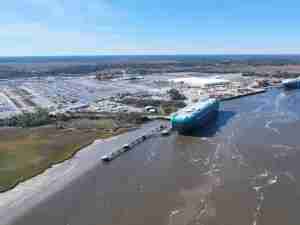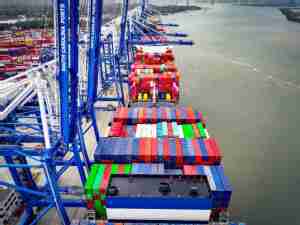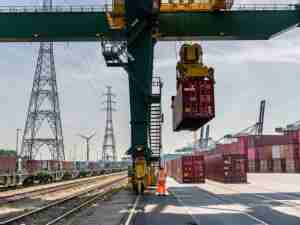Just as it did back in 2009 with the purchase of nine hybrid cars, the Panama Canal is the first company nationwide to have a vehicle in its fleet without a conventional internal combustion engine, thus producing no greenhouse gas emissions.
The Panama Canal established an energy committee, which developed an efficient energy management plan (2011- 2020). This plan foresaw the use of electric vehicles in order to ensure energy efficiency and reduce carbon emissions.
“Our world will not be the same in the upcoming years. Each generation has to assume a role and our responsibility to fight against climate change is now, when there is still time,” Panama Canal Administrator Jorge L. Quijano said.
Quijano highlighted that the Panama Canal’s mission statement states it is world leader in sustainable development for the conservation of the Panama Canal Watershed, but this role entails more than economic growth addressing environmental concerns. “Our mission is a group of concrete actions that promote a style of production and consumption that facilitates dialogue with our environment,” Quijano added.
“To think green, allows us to act green; that is why we believe that each dollar spent in conservation is an investment, not an expense,” Quijano added. “That is how we target resources to renewable and clean energy.”
The vehicle is a Ford Focus first-generation model, which delivers a range of approximately 120 kilometers fully-charged. It plugs to a charging station powered from a 240 volt socket and the recharge takes approximately two hours.
Electric vehicles have a conversion efficiency of around 85%, while internal combustion engines effectively use only 20% of the fuel energy content to move the vehicle. The rest of the energy is wasted as heat and emissions. In addition, these vehicles do not require oil or filter changes and do not have exhaust pipes, eliminating oil residues.
The vehicle will be used by the Mail Unit of the Inter-Institutional and Administrative Coordination Division, under the Vice-Presidency of Corporate Affairs.
This acquisition is part of the new initiatives the Panama Canal Authority has undertaken in the area of renewable energy since 2009, which include the purchase of nine hybrid vehicles and the installation of 1.5 kW pilot solar panels in Mendoza’s Potable Water Treatment Plant. In addition, last year, the Panama Canal implemented guidelines for "Green Building" practices with regards to future constructions in order to improve compatibility with the environment.
The Panama Canal Authority maintains its commitment in becoming a model of excellence for sustainable development in the country.










